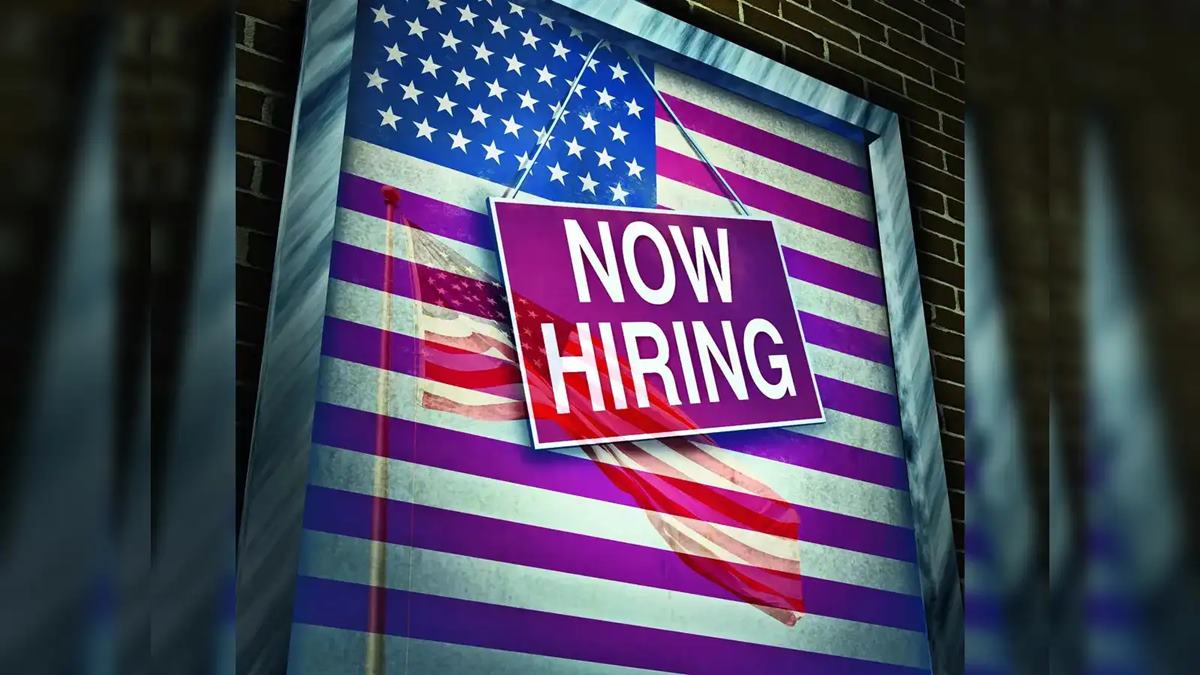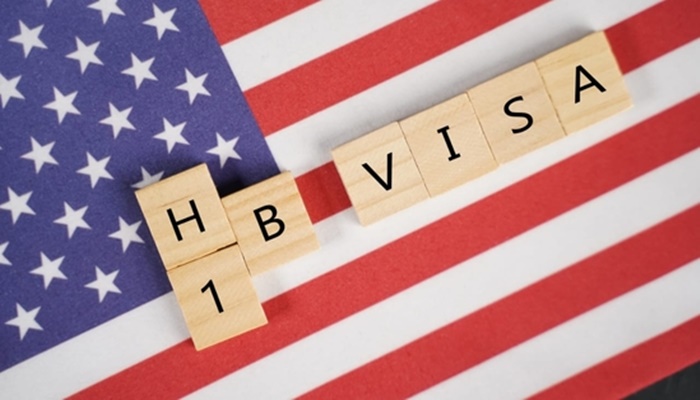The UK’s competitive job market has opened new opportunities for employers to bring in talent from abroad. At the same time, post-Brexit immigration reforms have reshaped the way businesses recruit internationally. The points-based immigration system has simplified parts of the process but also introduced stricter requirements that employers must navigate with care. For companies looking to tap into the global talent pool to fuel growth and innovation, understanding these changes is critical.
This comprehensive article walks you through everything you need to know about hiring international talent in the UK, from obtaining the necessary licenses to managing ongoing compliance obligations.
Why UK Employers Are Looking Abroad for Talent
The UK faces severe skills shortages in healthcare, technology, engineering, and skilled trades, according to current labor market data. Domestic recruitment alone cannot meet demand, driving employers to seek talent internationally.
Post-Brexit immigration policies have created clearer immigration pathways for skilled workers while raising minimum requirements. From April 4, 2024, the minimum salary for Skilled Worker visas rose to £38,700 (or the “going rate” for the role, whichever is higher). This higher threshold reflects the UK’s shift toward attracting highly skilled professionals.
The benefits of international recruitment extend beyond filling immediate vacancies. Global talent brings diverse perspectives, specialized skills, and innovation that can drive business growth. Many UK companies report that international hires help them expand into new markets and develop products for global audiences.
Common UK Work Visa Categories
Understanding the different work visa routes available helps employers choose the best option for their recruitment needs. Each category has specific eligibility criteria and benefits.
Skilled Worker Visa
The Skilled Worker visa is the primary route for most international employees. It allows you to stay in the UK to do an eligible job with an approved employer sponsor. This visa replaced the previous Tier 2 (General) system and offers more flexibility for both employers and employees.
Key requirements include:
- The job must be on the eligible occupations list and classified at Regulated Qualifications Framework (RQF) Level 6 (graduate level) or above for most new hires.
- The employer must have a valid sponsor licence.
- The role must pay at least £41,700 per year or the “going rate” for its occupation code — whichever is higher.
- The applicant must demonstrate English proficiency and meet specific suitability and financial requirements.
- Transitional provisions allow existing sponsored workers in lower-skilled (RQF 3–5) roles to extend under previous rules until 2026, but almost all new roles must now meet the higher skill bar.
The visa allows holders to stay for up to 5 years initially and can lead to Indefinite Leave to Remain (ILR), a form of permanent residency. Dependent family members can also join visa holders in the UK.
Global Talent Visa
The Global Talent Visa allows recognized or emerging leaders in digital technology, arts and culture, or sciences to live and work in the UK. To qualify, applicants must either obtain “endorsement” (approval) from an approved body relevant to their field or provide evidence of a qualifying prestigious award. This visa route is designed to attract exceptional and high-potential talent for three main sectors:
- Digital Technology: Fintech, software, gaming, cybersecurity, AI
- Arts and Culture: Music, literature, visual and performing arts, architecture, and more
- Science and Research: Researchers, academics, and innovators in sciences, medicine, and engineering
Unlike most other visa routes, Global Talent Visa holders can work for multiple organizations, change jobs or employers freely, be self-employed, or launch their own business with no requirement for formal sponsorship. This flexibility is especially attractive for senior professionals and entrepreneurs.
A worker may be eligible to apply for ILR after 3 years if:
- They were endorsed by the British Academy, the Royal Academy of Engineering, the Royal Society, or UK Research and Innovation
- They were endorsed by Arts Council England or Tech Nation as a recognized leader (“Exceptional Talent”)
- They qualified for a Global Talent Visa through winning an eligible prestigious award
A worker may be eligible to apply for ILR after 5 years if:
- They were endorsed by Arts Council England or Tech Nation as an emerging leader (“Exceptional Promise”)
Scale-Up Visa
The Scale-Up visa is designed for fast-growing UK businesses that need to recruit highly skilled international workers quickly. To sponsor under this route, businesses must have achieved a minimum 20% average annual growth in turnover or staffing over three years and had at least 10 employees at the period’s start.
Key requirements:
- The job offer must be at RQF Level 6 (graduate level) and pay at least £39,100 per year or the “going rate” for the occupation, whichever is higher.
- The company must be an approved Scale-Up sponsor, meeting strict growth criteria based on employee numbers or turnover.
- The initial sponsorship requirement applies for 6 months, after which visa holders may change jobs freely or become self-employed without further Home Office approval.
- English language skills and proof of funds are required.
- After 5 years, visa holders may apply for settlement.
This route offers more flexibility for both employers and employees than the Skilled Worker visa, particularly after the initial sponsorship period.
The Sponsorship Licence Process: Your Gateway to International Hiring
Before hiring any international workers, UK employers must obtain a sponsor licence. This licence demonstrates to the Home Office that your business is genuine, properly registered, and fully prepared to meet all compliance and reporting obligations.
The sponsor licence application process involves the following stages:
- Determine Licence Type: Choose between a Worker licence (for long-term employees such as Skilled Worker or Scale-Up visas) and a Temporary Worker licence (for short-term or seasonal roles). Many employers hold both types.
- Prepare Documentation: Gather at least four required documents, such as business registration, recent accounts, a valid UK corporate bank account, HR policies, and proof of trading presence.
- Submit Application: Complete your application online using the Sponsor Management System (SMS), then pay the appropriate fee and send your submission sheet and supporting evidence to the Home Office within 5 days.
- Home Office Review: The Home Office will review your application. They may carry out a compliance visit (on-site or virtual) to check your HR systems, business legitimacy, and readiness to sponsor.
- Receive Decision: Most applications receive a decision in 8–9 weeks. Approved sponsors receive their licence electronically and can begin assigning Certificates of Sponsorship to new hires.
Costs
In 2025, the Home Office fees for a sponsor licence are:
- £1,579 for medium or large sponsors
- £574 for small or charitable sponsors
The cost of assigning a Certificate of Sponsorship (CoS) for each sponsored worker has also increased to £525 per CoS. Additional charges, including the Immigration Skills Charge, may apply depending on visa route and worker type.
From December 31, 2024 (for Skilled Worker and Health & Care routes) and April 9, 2025 (for all other sponsored work routes), employers are banned from recovering sponsor licence application fees, CoS costs, Immigration Skills Charges, or any associated administrative expenses from sponsored workers. Employers must now cover all sponsorship costs and plan budgets accordingly.
Processing Times
Most sponsor licence applications in 2025 are processed within 8–9 weeks under the standard service. For a faster decision, eligible businesses can pay an additional £500 for the Sponsor Licence Priority Service, which expedites processing to within 10 working days, subject to availability and complete documentation.
Compliance Obligations
Maintaining a sponsor licence requires ongoing compliance with Home Office requirements:
- Record Keeping: Maintain up-to-date, detailed records for every sponsored worker, including contracts, proof of right to work, salaries, and absences.
- Reporting Changes: Report significant changes in job, salary, work location, end of sponsorship, or sponsor business within 10 working days.
- Right to Work Checks: Use the Home Office system to verify workers’ eVisa or immigration status, and always keep right to work checks up to date.
- Licence Updates: Most licences do not expire but must be kept accurate and up-to-date; immediate notification of changes to Key Personnel or organization status is mandatory.
Failure to meet these obligations could lead to licence suspension, downgrading, or revocation, as well as heavy fines and a mandatory 24-month “cooling-off” period for repeat breaches.
Salary Thresholds and Job Requirements
Understanding up-to-date salary benchmarks is key for successful international recruitment. The UK now uses a strict points-based framework with variable thresholds depending on role, visa route, and applicant circumstances.
- General Salary Thresholds: As of July 22, 2025, all new Skilled Worker visa applicants must be paid at least £41,700 per year, or the “going rate” for the job’s SOC code (now the median salary), whichever is higher.
- Reduced Thresholds: Certain roles — new entrants, PhD-level, and select health and care jobs or those on the Immigration Salary List — have a lower minimum salary of £33,400 to £37,500 (depending on specifics). The 20% discount for shortage jobs no longer applies; rates are set by Home Office rules.
- Healthcare/Specialist Rates: Health and care jobs use a separate table, with minimums typically above £25,000. NHS and care sector rates are also being realigned as of 2025.
Job Eligibility
Sponsored roles must:
- Appear on the eligible occupations list with the correct Standard Occupational Classification (SOC) code (a four-digit code used to classify jobs based on their duties, skill level, and responsibilities)
- Meet RQF Level 6+ (graduate level)
- Be a genuine vacancy that cannot be filled by settled workers
- Meet all minimum salary/going rate benchmarks for the role and location
All SOC codes are listed as either Higher Skilled, Medium Skilled or Ineligible. Occupation codes changed on April 4, 2024, so employers should verify current classifications before recruiting.
Application and Onboarding Timeline
Planning your international recruitment timeline helps ensure smooth hiring processes and employee transitions.
Pre-Application Phase (typically 6-12 weeks)
Before making job offers to international candidates:
- Obtain sponsor licence (if not already held)
- Verify role eligibility and salary requirements
- Develop recruitment strategy and job descriptions
- Prepare Certificate of Sponsorship allocation
Application Process (4–8+ weeks)
Once you’ve selected a candidate:
- Assign Certificate of Sponsorship (usually within 1–2 working days)
- Candidate compiles documents and submits Skilled Worker visa application
- Visa processing standard: 3 weeks (overseas) or up to 8 weeks (in-country), with 1–2 weeks for biometrics and document upload
- Priority and super-priority services can shorten this to 5 days or 1 day, where available
- Decision letter and visa issuance follow successful application
Onboarding Phase (2-4 weeks)
After visa approval:
- Arrange employee travel and arrival
- Complete right to work document verification
- Orientate new hire and deliver compliance training
- Provide workplace integration and cultural support
Total timeline from job offer to employee start date typically ranges from 3-6 months, though expedited processing options and well-prepared documentation can reduce this timeframe.
Common Employer Mistakes to Avoid
Successful international hiring requires attention to detail and ongoing compliance. Here are the most frequent pitfalls employers encounter:
Sponsorship Duty Failures
- Record Keeping Errors: Failing to keep comprehensive, up-to-date files on sponsored workers’ contracts, immigration status, duties, and absences is the single most frequent ground for enforcement.
- Missed Reporting Deadlines: All changes (job, salary, location, termination, start date changes) must be reported to the Home Office within 10 working days.
Certificate of Sponsorship Issues
- Incorrect Job Descriptions/SOC Codes: Assigning a CoS with a vague or inaccurate role description, or for a role not eligible under SOC rules, almost always leads to refusal or licence action.
- Salary Miscalculation: Underpaying or not meeting the new “going rate” for a role — after the 2025 threshold increases — leads to immediate compliance risk.
Compliance Monitoring Oversights
- Ineffective Right to Work Checks: Not using eVisa share codes, or relying on expired/physical documents, invites civil penalties up to £60,000 per illegal worker.
- Neglecting Internal Audits: Failing to regularly review HR files, sponsor registers, and compliance systems puts your licence at risk during Home Office audits or visits.
Pre-Application Planning Mistakes
- Rushed Applications: Delaying the sponsorship or visa process can result in late starts for new hires and operational disruption.
- Inadequate Due Diligence: Sponsoring candidates without full vetting of qualifications, immigration history, or role fit exposes the business to compliance failures.
Cost Management Errors
- Attempting to Recoup Compliance Costs: Employers cannot recover sponsor licence fees, Certificate of Sponsorship costs, Immigration Skills Charges, or “associated administrative costs” from workers, and breaching this is grounds for enforcement.
Proper training, digital record systems, rigorous oversight, and up-to-date policy reviews help employers avoid the most costly and disruptive compliance mistakes.
Bottom Line
Hiring international talent in the UK requires careful planning, proper licensing, and ongoing compliance management. The investment in obtaining a sponsor licence and meeting salary thresholds pays dividends through access to global talent pools that can drive innovation and growth.
Success depends on understanding the different visa routes available, from Skilled Worker visas for general recruitment to Global Talent visas for exceptional candidates. With over 200 new professions added to the UK. Skilled Worker Visa list in 2025, opportunities for international hiring continue to expand.
The key is starting early, budgeting properly for all associated costs, and maintaining robust compliance systems. Employers who master these elements gain a significant competitive advantage in attracting the best global talent to drive their business forward.
Source – https://www.boundless.com/blog/hiring-international-talent-in-the-uk-a-complete-guide-for-employers/




















